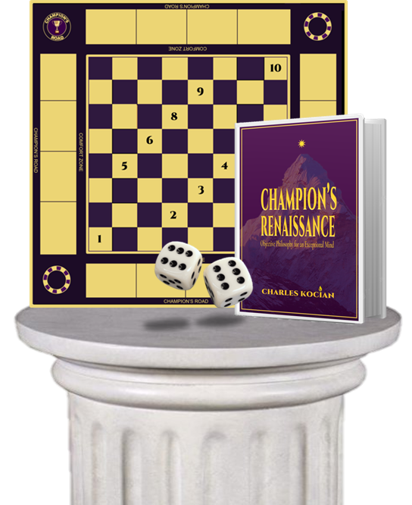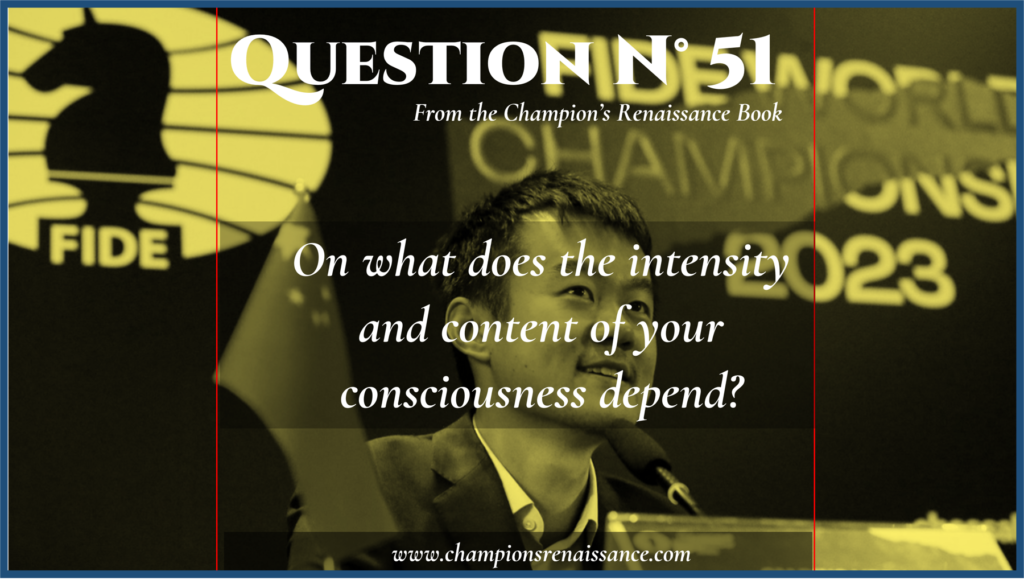
(Answer at the end).
CHESS
By Charles Kocian
On May 1, 2023, Ding Liren from China, (the less religious country in the world), emerged as the victor in the men’s global chess championship, defeating Russia’s Ian Nepomniachtchi and securing a substantial prize. This triumph in the realm of chess provides us with an opportunity to explore the intricate interplay between cultural beliefs, interests, and consciousness. By drawing comparisons to specific events in the Renaissance and ancient Greece, we can better understand how cultural contexts shape our interests and perceptions of achievement.
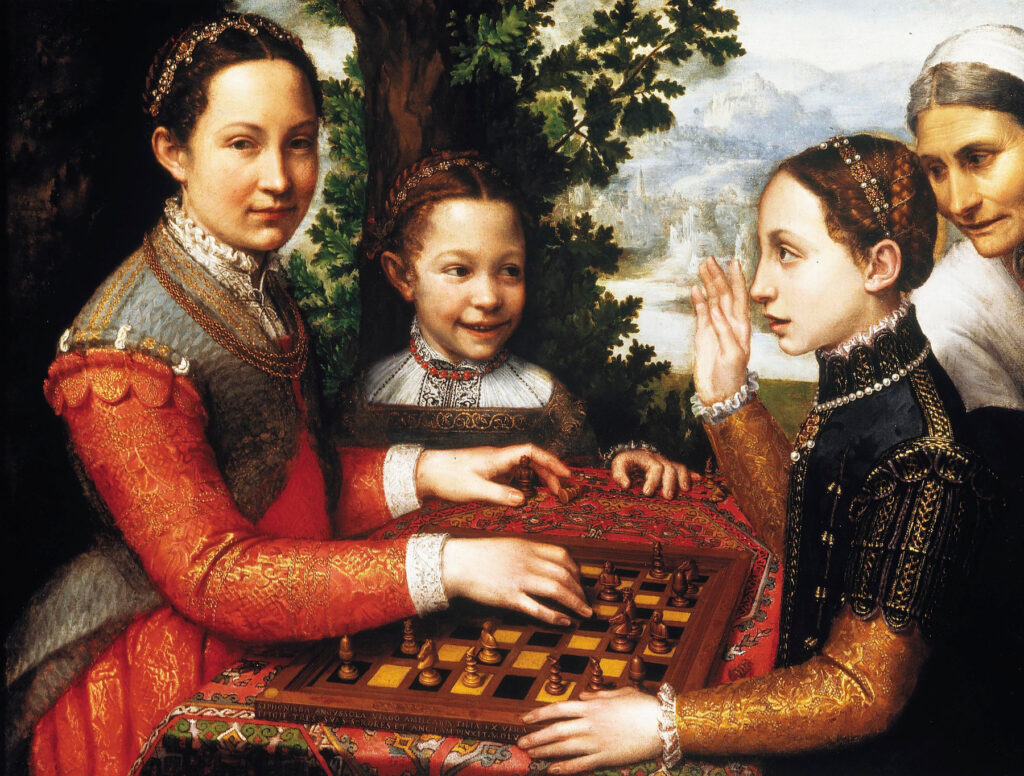
Game of Chess painting by Sofonisba Anguissola. Source Image: Wikipedia.
During the Renaissance, chess was considered a game of the intellectual elite, predominantly played by nobles and aristocrats. It served as a means to refine strategic thinking and develop mental acuity. One noteworthy event that exemplifies the significance of chess in the Renaissance is the renowned “Game of Chess” painting by Sofonisba Anguissola, a prominent female artist of the period. In this masterpiece, Anguissola depicts herself and her sisters engaged in a game of chess, signifying their intellectual pursuits and challenging societal expectations of women at the time. This portrayal demonstrates how chess was deeply intertwined with the cultural values and aspirations of Renaissance society.
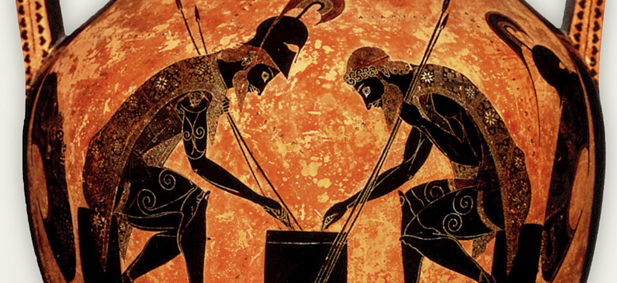
Petteia Ancient Greece Game. Source Image: www.joshobrouwers.com
In ancient Greece, games akin to chess, such as petteia, played a vital role in the development of military strategy and tactics. These games were not merely recreational; they were seen as educational tools for honing strategic thinking and instilling essential qualities in military leaders. One noteworthy event that reflects the significance of these games is the story of Palamedes, a hero in Greek mythology. Palamedes was renowned for inventing numerous games, including petteia, which he introduced to the Greek military as a means of honing their strategic prowess. This demonstrates how chess-like games were deeply embedded in the cultural fabric of ancient Greece and influenced the interests and pursuits of its people.
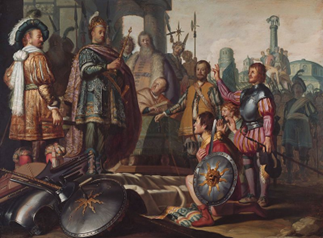
Palamedes in Greek Mythology. Source Image: Greeks Legends and Myths.
In the modern era, chess has undergone a transformation. Advancements in technology and the rise of global capitalism have made the game more accessible to a wider audience. Chess is no longer confined to the intellectual elite but has become a global phenomenon, captivating individuals from diverse backgrounds. This globalization of chess has resulted in an expansion of interests and motivations surrounding the game. While strategic thinking and intellectual growth remain important aspects, chess has also become a source of entertainment and a means to pursue financial rewards.

China Investment in Education and Technology. Source Image: CSIS
The victory of Ding Liren in the men’s global chess championship reflects the evolving cultural dynamics of our time. China, as the home country of the triumphant player, has experienced significant socioeconomic and cultural changes in recent decades. With its rise as a global power, China has invested heavily in education and technological innovation, fostering a culture that values intellectual prowess and strategic thinking. Ding Liren’s victory may serve as a manifestation of this cultural shift, highlighting China’s increasing influence and emphasis on intellectual pursuits.
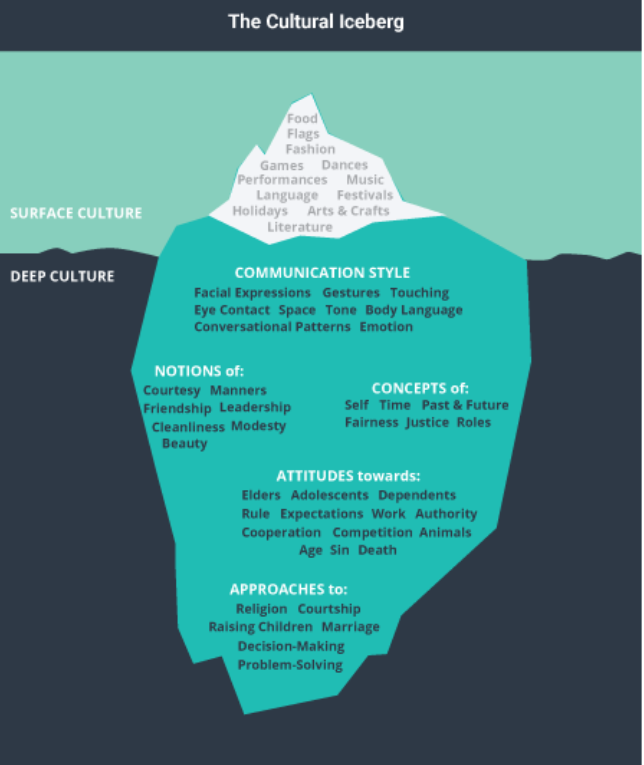
Cross-Cultural Communication. Source Image: eCampusOntario Presbooks.
Ultimately, these historical and contemporary events illustrate how our cultural beliefs and contexts shape our interests and aspirations. Chess, as a cultural artifact, evolves alongside societal values and priorities. While the fundamental essence of the game remains intact, its significance and the motivations behind its pursuit adapt to the changing landscape of human consciousness.
CONCLUSION
In conclusion, Ding Liren’s victory in the men’s global chess championship provides a lens through which we can explore the intricate relationship between cultural beliefs, interests, and consciousness. By examining specific events in the Renaissance and ancient Greece, we gain a deeper understanding of how chess and similar games have shaped and been shaped by cultural contexts throughout history. As we continue to navigate the complexities of our present age, acknowledging the influence of culture on our interests becomes essential for comprehending the diverse manifestations of human consciousness.
Now answer to question 51.
QUESTION N° 51
On what does the intensity and content of your consciousness depend?
a) Your interests
b) Your IQ
The answer is: your interests.
Leave your comments here.
